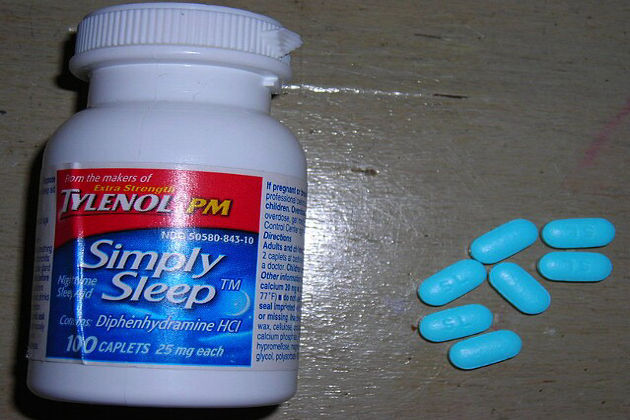Move FM Global News

White House promotes disputed autism claims against Tylenol
Sep 26, 2025WASHINGTON, D.C.: President Donald Trump used a White House press conference this week to promote unproven links between common medicines, vaccines, and autism, even as his administration announced a broad initiative to study the causes of the condition.
Throughout the lengthy event, Trump repeatedly warned pregnant women against using Tylenol, known generically as acetaminophen in the U.S. and as paracetamol elsewhere. “Don’t take Tylenol,” he said more than a dozen times, also advising mothers not to give the drug to infants. He further suggested, without evidence, that vaccines or the timing of childhood shots might be contributing to autism rates — claims that medical experts have dismissed for years.
The announcement seemed to rely heavily on older studies rather than new scientific findings. It also reflected pressure from the Make America Healthy Again movement, a coalition that supports Health Secretary Robert Kennedy Jr. and includes anti-vaccine activists. Trump has long expressed doubts about childhood vaccination schedules, despite taking credit for pushing COVID-19 vaccines during his first term.
Medical experts quickly criticized Trump’s remarks. Art Caplan, a bioethicist at New York University, called the press conference “the saddest display of a lack of evidence, rumors, recycling old myths, lousy advice, outright lies, and dangerous advice I have ever witnessed by anyone in authority.”
Trump said the Food and Drug Administration (FDA) would begin alerting doctors that acetaminophen “can be associated” with autism risk. However, he offered no new data to support this claim. While a few studies have suggested a possible link between acetaminophen use during pregnancy and autism, many others have found no such evidence.
David Mandell, an autism expert at the University of Pennsylvania, noted that fevers during pregnancy pose risks of their own, such as miscarriage and preterm birth, making it difficult to separate the effects of the drug from the effects of illness itself. Scientists also point out that autism typically develops in the fetal brain, meaning that Tylenol use after birth would not be a factor.
The Society for Maternal-Fetal Medicine responded by reaffirming that Tylenol remains an appropriate option for treating fever and pain during pregnancy. The American College of Obstetricians and Gynecologists said it was “irresponsible” to claim otherwise, warning that such statements only confuse and alarm patients.
Tylenol’s manufacturer, Kenvue Inc., rejected any link between its product and autism, warning that pregnant women could face more dangerous alternatives if they avoid acetaminophen. Following Trump’s comments, Kenvue’s stock dropped 7.5 percent, wiping out about US$2.6 billion in market value.
During the same event, Kennedy announced a new government-wide effort to investigate possible causes of autism, an issue that has puzzled researchers for decades. FDA Commissioner Dr. Marty Makary also revealed that the agency is taking steps toward approving leucovorin, a folic acid derivative, as a treatment for some autism patients with low folate levels in the brain.
Recent small studies, including some from China, have suggested leucovorin and high-dose folic acid may improve social skills in children with autism — findings that have gained traction in parts of the autism community, though larger studies are still needed.


